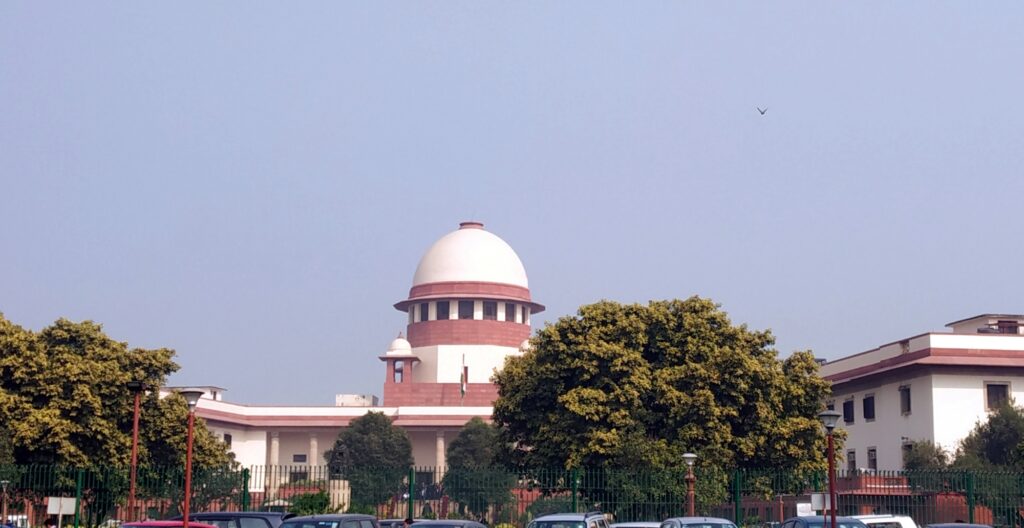New Delhi, Aug 24: The Supreme Court on Monday pulled up Himachal Pradesh for citing Covid induced delays in litigating a sensitive matter where a minor girl was allegedly sexually assaulted by her father.
A bench of Justices Sanjay Kishan Kaul and Hrishikesh Roy said the state government filed a special leave petition with a delay of 636 days and Covid was cited as the reason for delay.
“The order was passed on December 5, 2018, and thus, we asked counsel as to which year was the world affected by Covid, 2019 or 2020 to which learned counsel’s answer initially was 2019, possibly to cover the delay but realising that it was 2020, he states that the papers were not received by him,” it said.
To say the least, “we are shocked at the conduct of the petitioner-state and the manner of conduct of the litigation in such a sensitive matter”, the bench added.
It remarked that there is not even a semblance of explanation for delay. “We however, would not like to dismiss the petition on limitation because of the seriousness of the issue involved. But that is no excuse why the state should not be made accountable of such inordinate delay and the persons responsible for the same,” the bench said in its order.
The court imposed cost of Rs 25,000 on the state government for delay in filing the SLP. “We thus, condone the delay but subject to imposition of costs of Rs 25,000 to be deposited with the Supreme Court Group ‘C’ (Non-Clerical) Employees Welfare Association within four weeks with a direction to hold the enquiry, fix responsibility and recover the amount from the officers concerned,” it said in its order.
The top court issued notice to the man, who was acquitted in the case, on the SLP filed by the state government challenging the high court verdict.
In December 2018, the high court had delivered the verdict on an appeal filed by the man against the trial court’s August 2017 order convicting him under the provisions of the Protection of Children from Sexual Offences (POCSO) Act. The accused was sentenced to 10 years jail by the trial court.
-IANS

